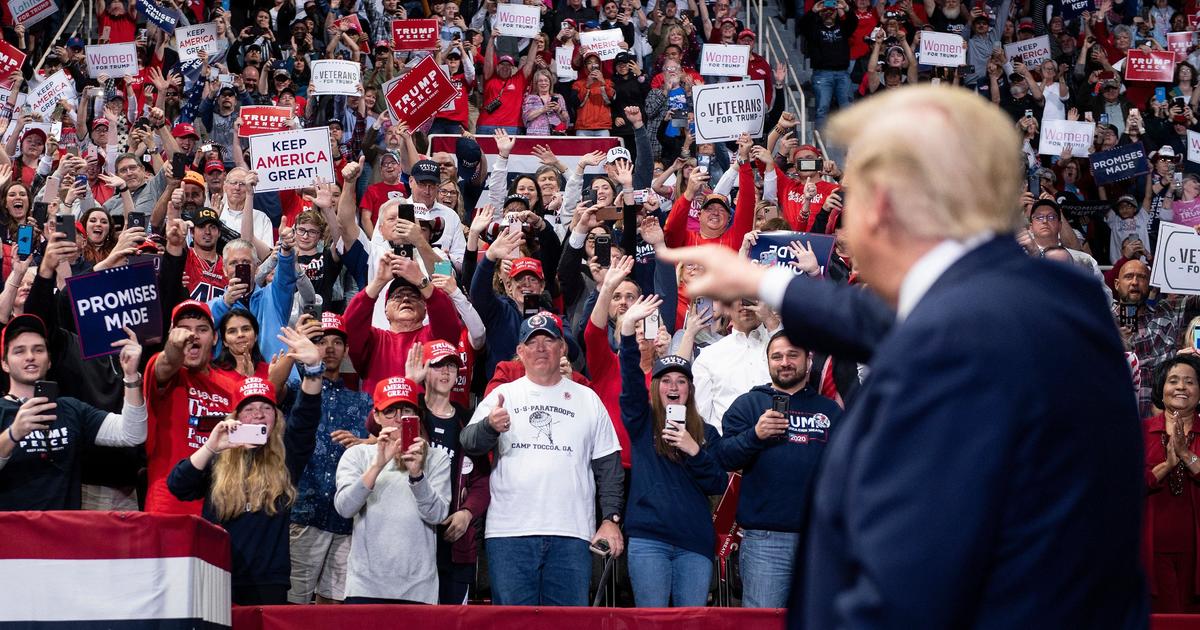Even after privately acknowledging that COVID-19 was a virus transmitted through the air in early February, President Trump participated in several campaign rallies in indoor venues before states began to shut down in early March to mitigate the spread of the virus, according to revelations from journalist Bob Woodward’s upcoming book.
In an interview with Woodward on February 7, Mr. Trump said the coronavirus was “more deadly” than “even your strenuous flus,” and difficult to address because “it goes through air.”
“It goes through air, Bob. That’s always tougher than the touch. You know, the touch, you don’t have to touch things. Right? But the air, you just breathe the air and that’s how it’s passed,” Mr. Trump told Woodward. “And so, that’s a very tricky one. That’s a very delicate one.”
Woodward interviewed the president for a total of nine hours for his new book, “Rage,” and audio clips of the recorded interviews were published by CNN and The Washington Post on Wednesday.
Despite raising these concerns with Woodward, Mr. Trump held six rallies indoors between February 7 and March 2. Public health experts have raised concerns about holding large events in indoor venues, given the risk of spreading the virus. Mr. Trump participated in rallies in New Hampshire on February 10; Arizona on February 19; Colorado on February 20; February 21 in Nevada; South Carolina on February 28; and in North Carolina on March 2. No social distancing measures were put in place for these rallies.
The president’s campaign rallies in New Hampshire, Nevada, South Carolina and North Carolina occurred in the days before the Democratic primaries in those respective states. The Trump campaign canceled its planned March 19 rally in Wisconsin due to the coronavirus.
In an interview with Woodward on March 19, the president conceded that he was downplaying the threat of the virus in public.
“I wanted to always play it down. I still like playing it down, because I don’t want to create a panic,” Mr. Trump told Woodward.
In a tweet on Thursday morning, Mr. Trump defended his comments to Woodward, saying that Woodward would have revealed them earlier if they were “bad or dangerous.”
“Bob Woodward had my quotes for many months. If he thought they were so bad or dangerous, why didn’t he immediately report them in an effort to save lives? Didn’t he have an obligation to do so? No, because he knew they were good and proper answers. Calm, no panic!” Mr. Trump wrote.
